I'm an Australian science journalist based in Cali, Colombia covering STEM in The Global South. I'm the current Vice-President of the Colombian Association of Science Journalism (ACPC) and helped organize the 12th World Conference of Science Journalists, with 600+ attendees in Medellin, Colombia.
Researchers, including a biologist from Venezuela , have found what's killing Turkey Vulture s in North America — which has implications for South America.can have a six-foot wingspan, eat carrion and the northern species are migratory: birds tagged in Canada have been found, lead scientist at Conservation Science Partners, Inc. explains that the populations he studies breed in North America and then spend time Central and Northern South America to avoid the cold days of the northern winter.
Naveda-Rodriguez explains that his most recent project involved the study of the spatial and population dynamics three North American breeding populations of Turkey Vulture. "The long-term persistence of turkey vultures and the ecosystem services they provide will depend on how we interact with them in breeding and non-breeding grounds," he says.Naveda-Rodriguez grew up in Venezuela, where his interest in wildlife ecology and conservation began before college when he was working as a reptile zookeeper in his hometown.
Naveda-Rodriguez says his current project emerged from a network of collaborators that he joined back in 2005 when he was conducting vultures surveys in Venezuela. "I do think that Global South science from Global South scientists is much needed," he says,"but unfortunately, scientific colonialism is still happening in our region, and we must stop that, we must encourage a sense of belonging among scientist from the Global South."
North America Turkey Vulture Venezuela Colombia
Indonesia Berita Terbaru, Indonesia Berita utama
Similar News:Anda juga dapat membaca berita serupa dengan ini yang kami kumpulkan dari sumber berita lain.
 Massive study of 8,000 cats reveals which breeds live longestSkyler Ware is a freelance science journalist covering chemistry, biology, paleontology and Earth science. She was a 2023 AAAS Mass Media Science & Engineering Fellow at Science News. Her work has also appeared in Science News Explores, ZME Science and Chembites, among others. Skyler has a Ph.D. in chemistry from Caltech.
Massive study of 8,000 cats reveals which breeds live longestSkyler Ware is a freelance science journalist covering chemistry, biology, paleontology and Earth science. She was a 2023 AAAS Mass Media Science & Engineering Fellow at Science News. Her work has also appeared in Science News Explores, ZME Science and Chembites, among others. Skyler has a Ph.D. in chemistry from Caltech.
Baca lebih lajut »
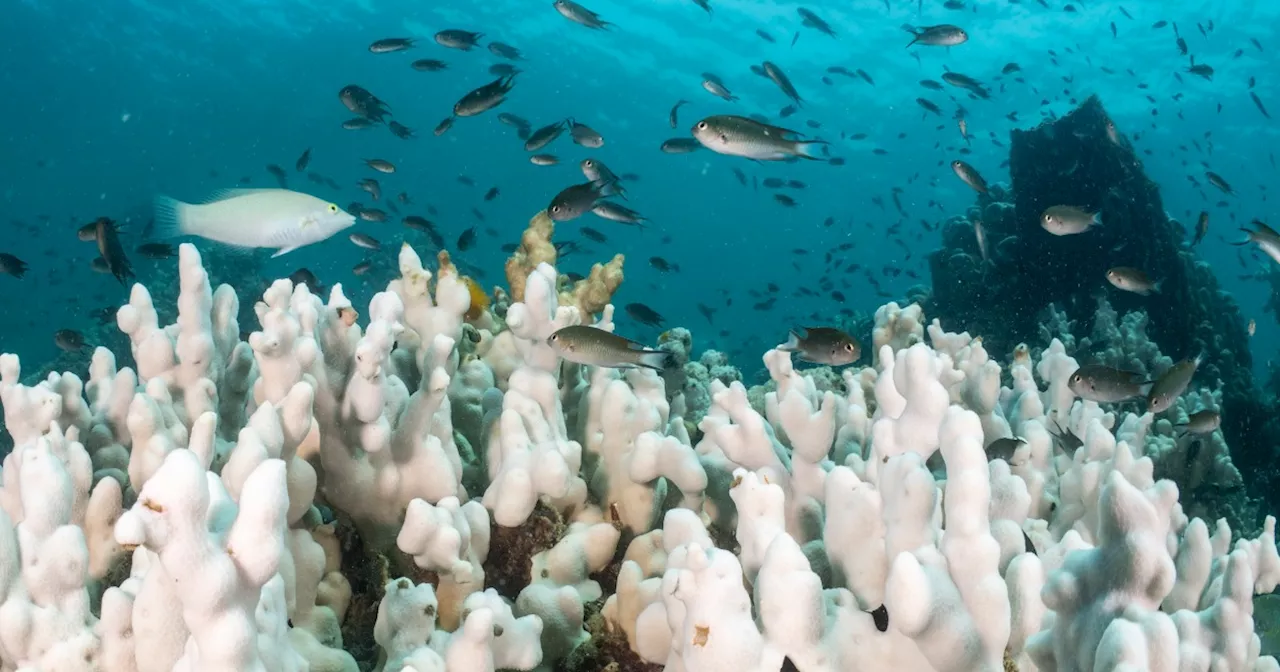 World's oceans have gone 'crazy haywire,' with majority of coral reefs in perilDenise Chow is a reporter for NBC News Science focused on general science and climate change.
World's oceans have gone 'crazy haywire,' with majority of coral reefs in perilDenise Chow is a reporter for NBC News Science focused on general science and climate change.
Baca lebih lajut »
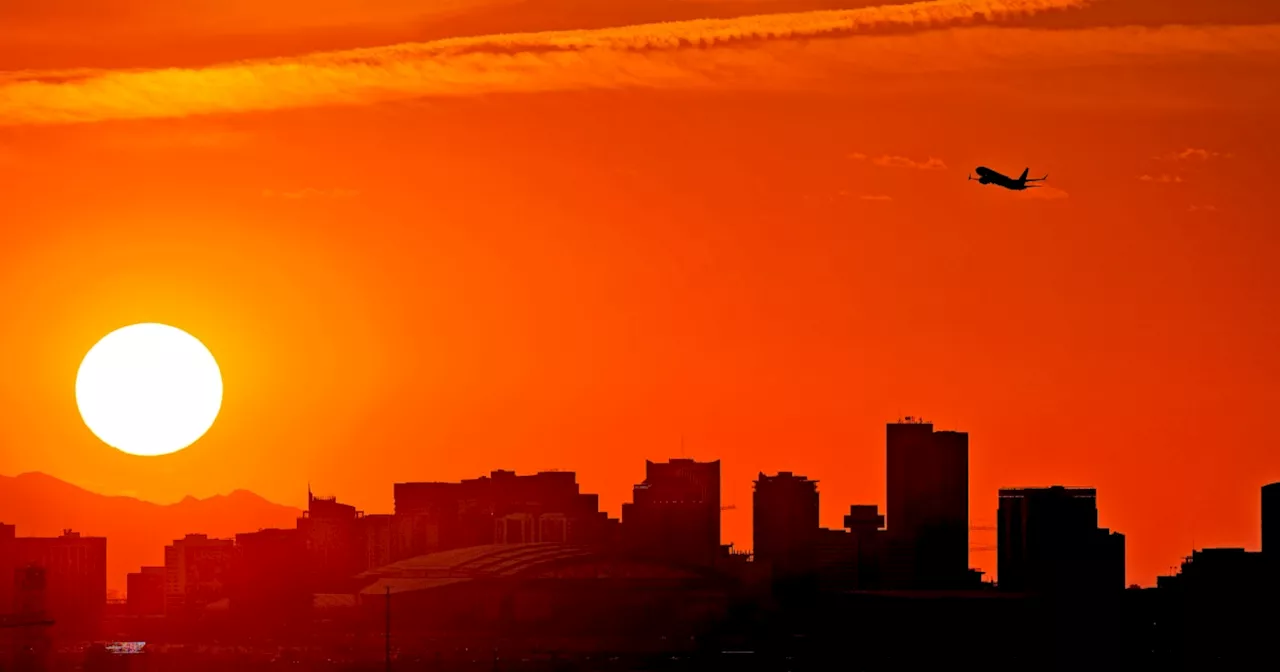 Cities look for new ways to keep people safe — and alive — as extreme summer heat loomsDenise Chow is a reporter for NBC News Science focused on general science and climate change.
Cities look for new ways to keep people safe — and alive — as extreme summer heat loomsDenise Chow is a reporter for NBC News Science focused on general science and climate change.
Baca lebih lajut »
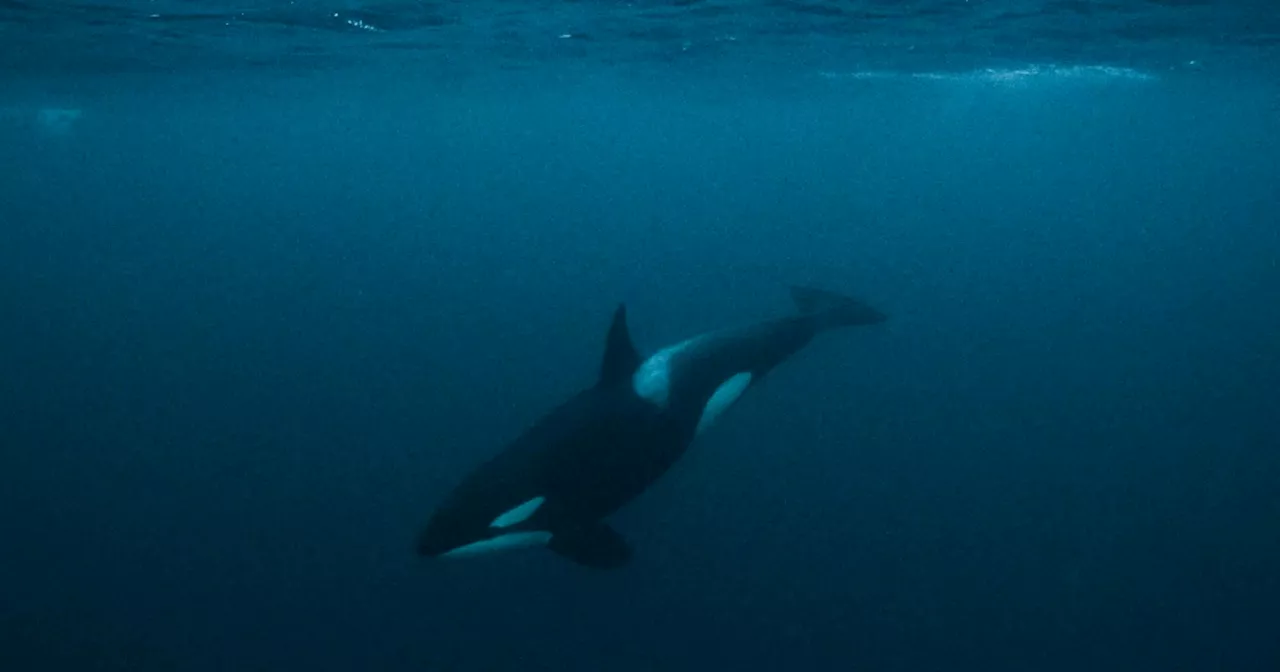 What drove killer whales' dramatic behavior this year?Denise Chow is a reporter for NBC News Science focused on general science and climate change.
What drove killer whales' dramatic behavior this year?Denise Chow is a reporter for NBC News Science focused on general science and climate change.
Baca lebih lajut »
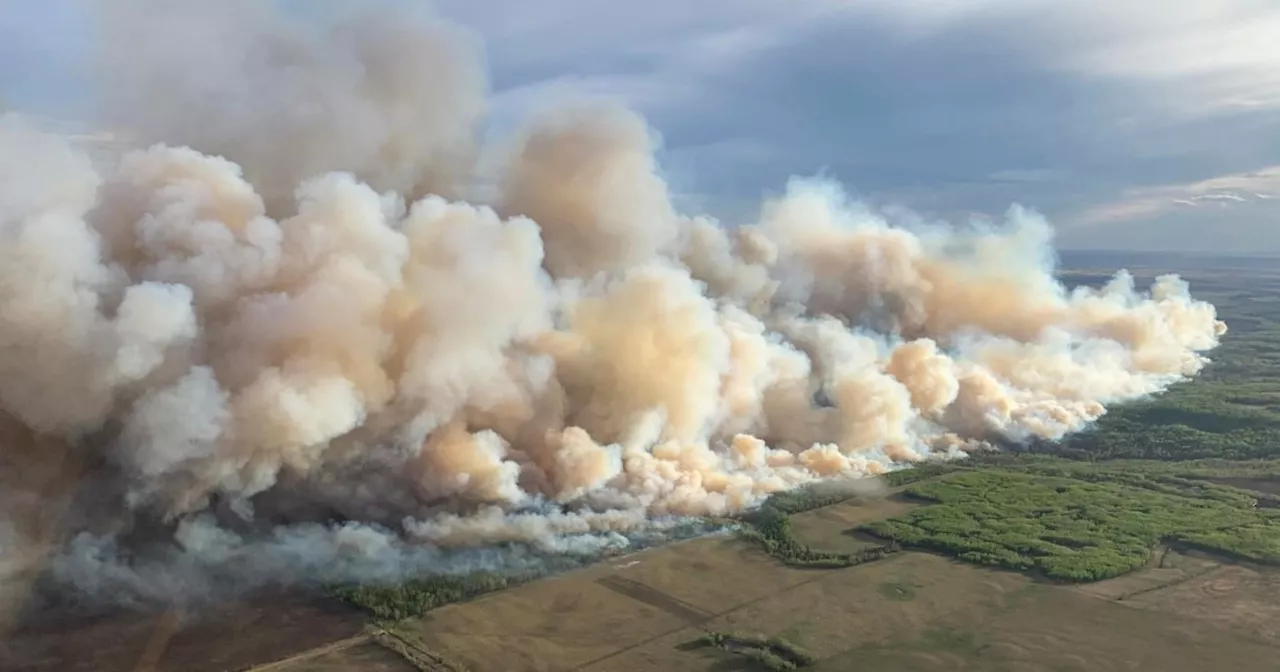 Canadian wildfires trigger air quality alerts in four U.S. statesDenise Chow is a reporter for NBC News Science focused on general science and climate change.
Canadian wildfires trigger air quality alerts in four U.S. statesDenise Chow is a reporter for NBC News Science focused on general science and climate change.
Baca lebih lajut »
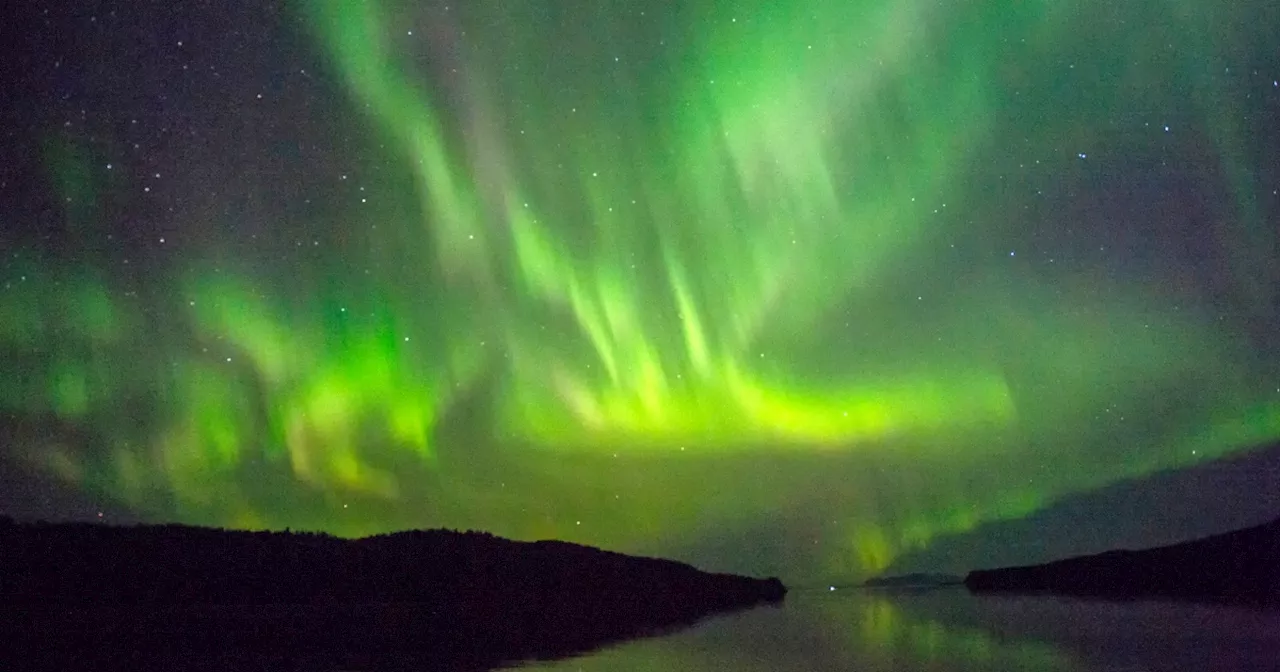 Northern lights will likely be visible in much of U.S. due to solar stormDenise Chow is a reporter for NBC News Science focused on general science and climate change.
Northern lights will likely be visible in much of U.S. due to solar stormDenise Chow is a reporter for NBC News Science focused on general science and climate change.
Baca lebih lajut »
